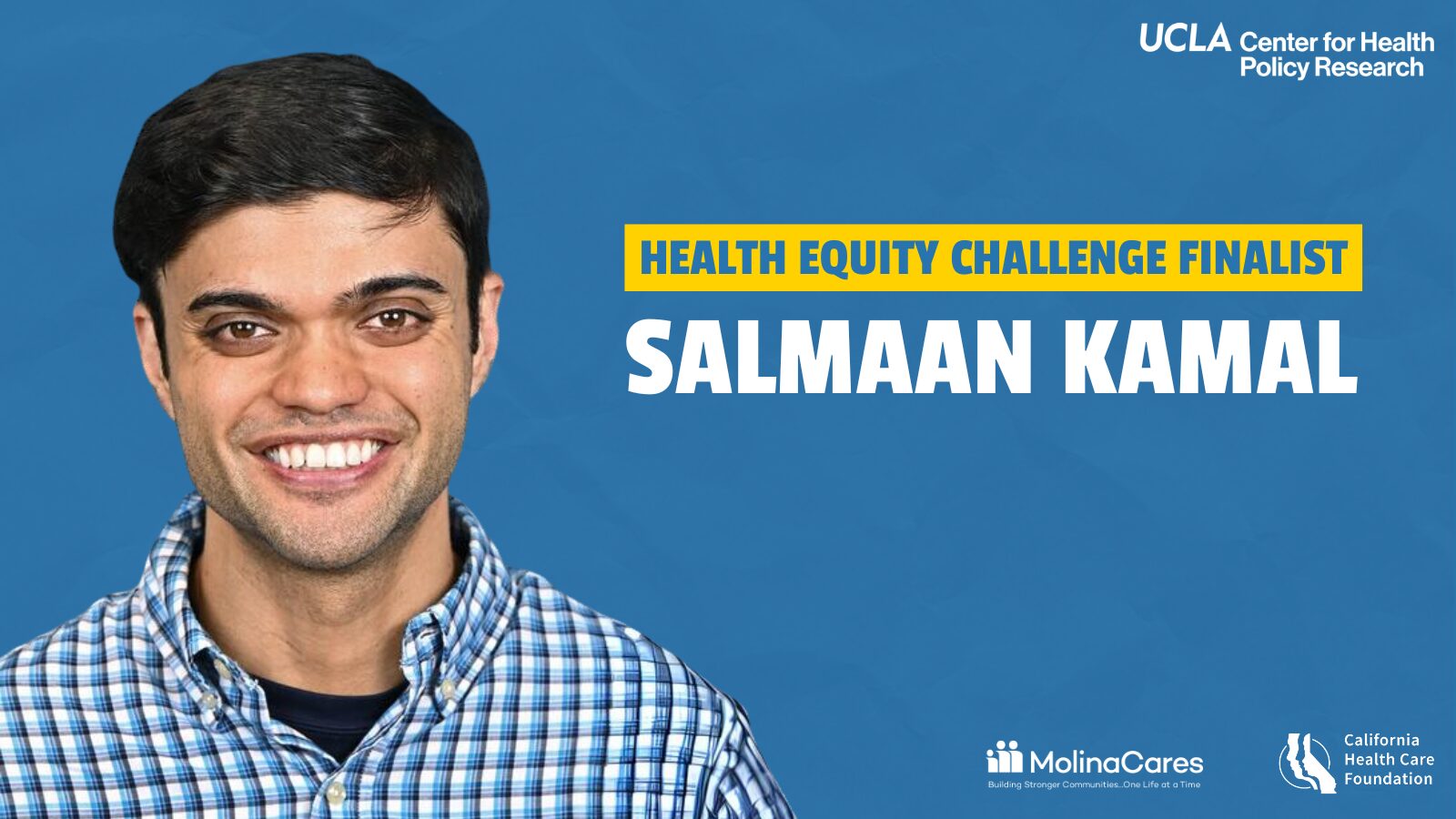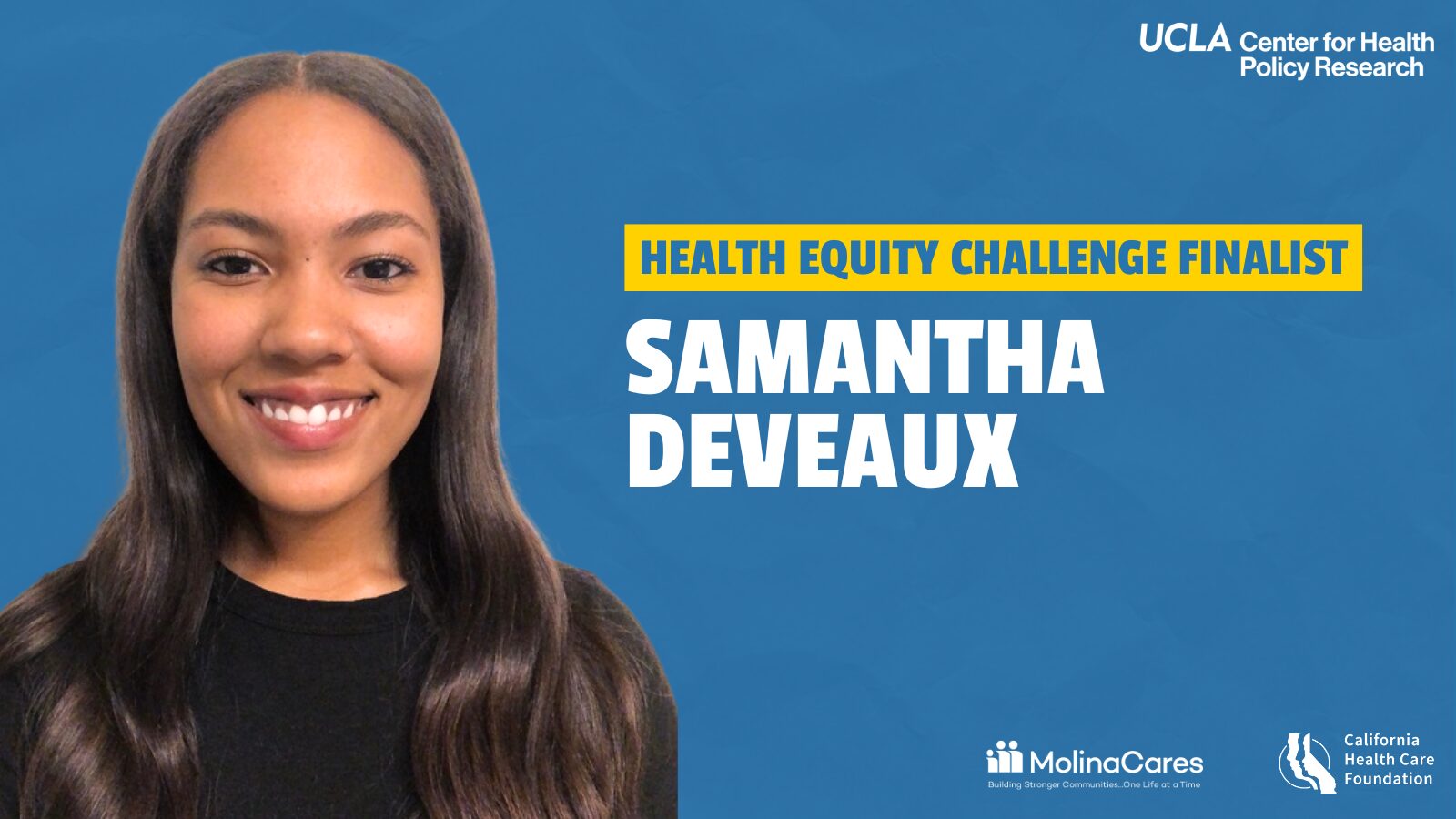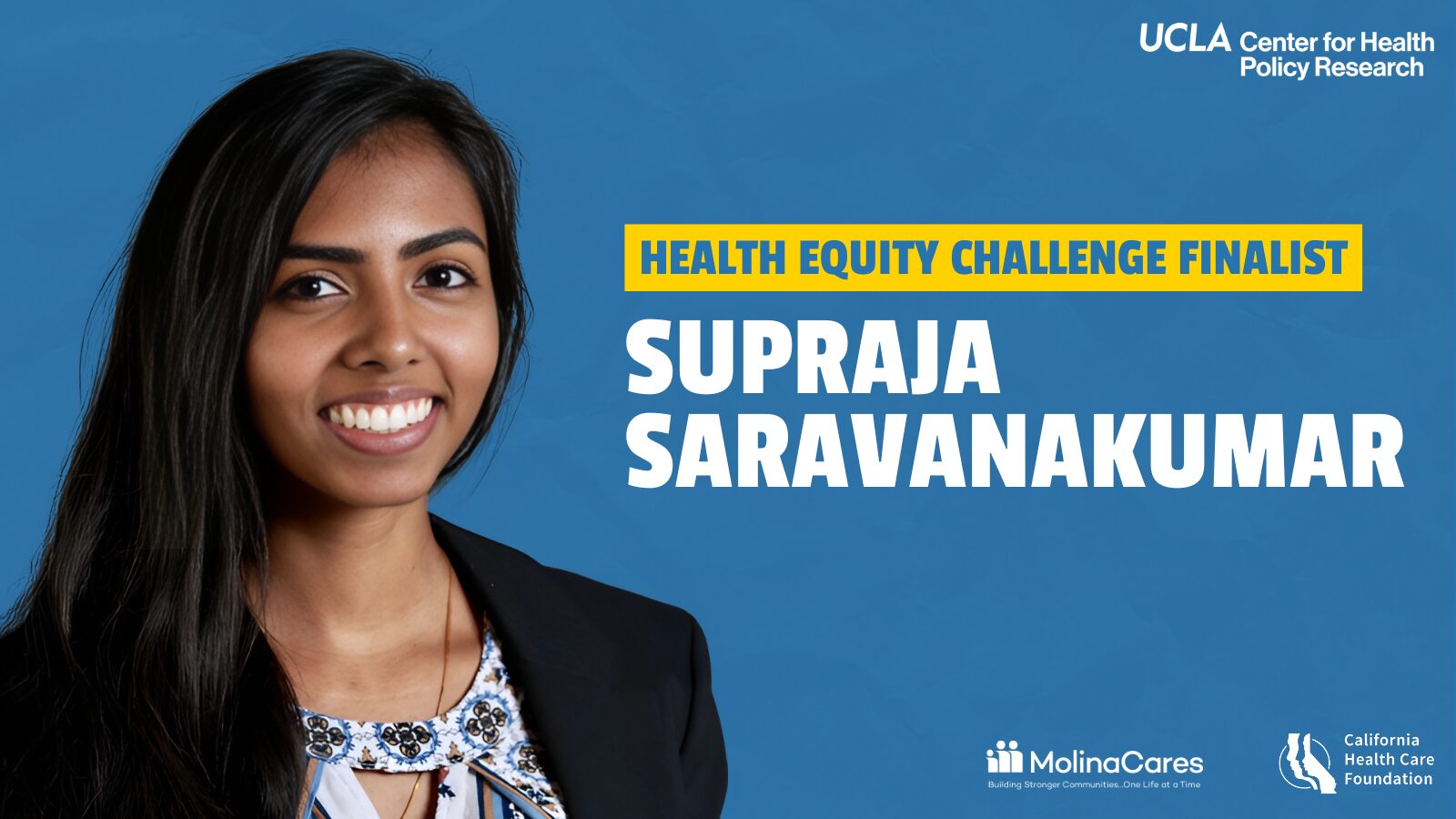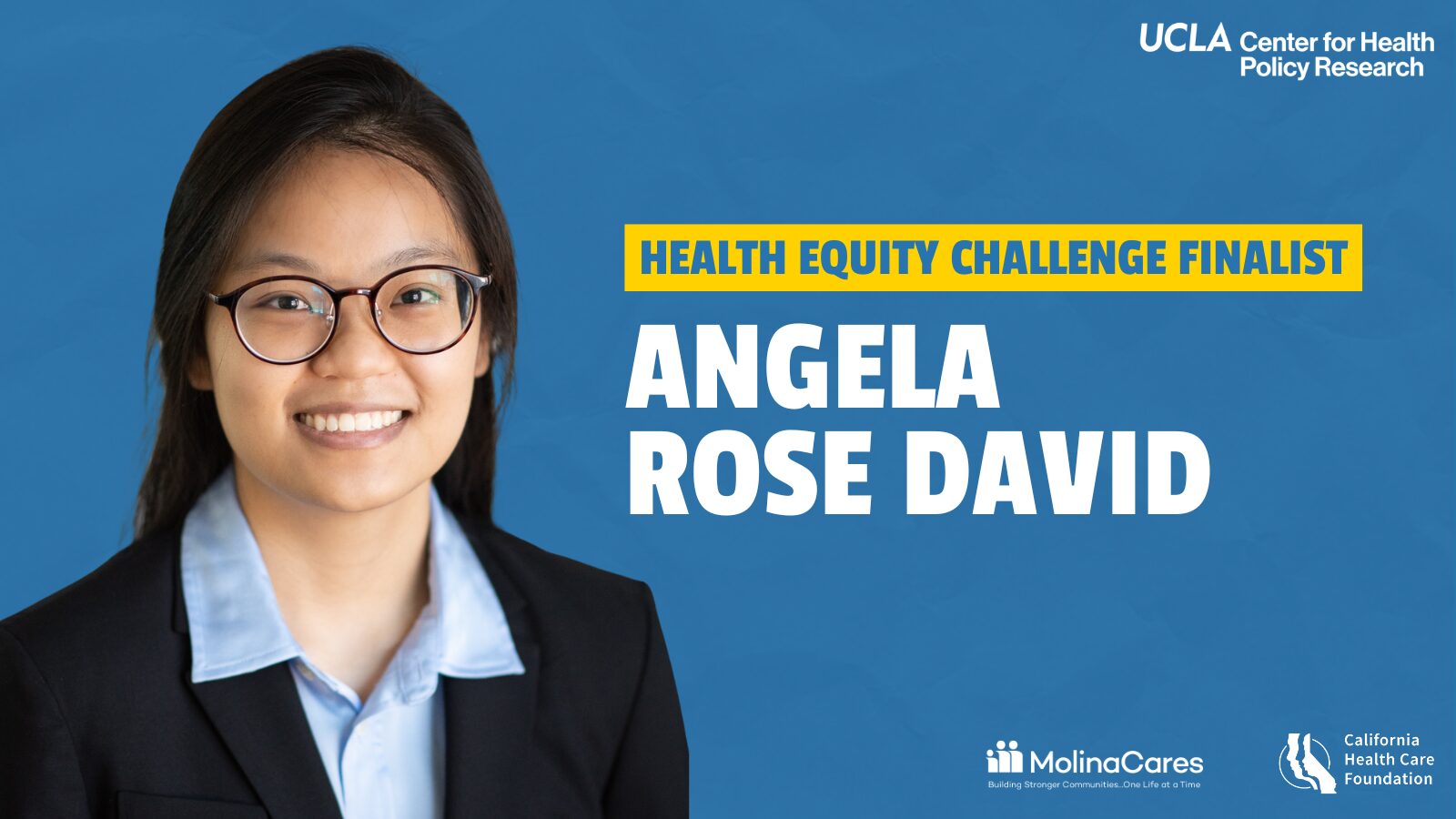
“Sam, when you leave the hospital, you have got to keep your wound clean and change the bandage once a day.”
“Doc, there’s no chance. I’m going to be on the street. You have no idea what it’s like out there.”
As a primary care doctor, I learned early in medical training that a small fraction of health is determined by clinic visits and hospital stays. Pills only work if you can afford them. Telling a patient to improve their lifestyle only goes so far when their neighborhood is unsafe and without grocery stores. Wounds only heal if you have a stable place to stay. And giving cookie-cutter medical advice to someone is going to backfire if you don’t fully understand their life situation.
My sickest patients didn’t need prescriptions and referrals. They needed jobs, transportation, and above all, safe and affordable housing. I began a public health fellowship in Los Angeles to gain a new set of skills in research, advocacy, and policy reform. I was looking for ways to better care for my patients who were experiencing homelessness, and I found it in a surprising place: Los Angeles County Jail.
Almost 4 in 5 unhoused persons have been in jail or prison. That is not an accident. Our society arrests people living on the street for nonviolent offenses like loitering and panhandling. After those people leave jail, they have a harder time finding jobs and housing due to discrimination, leading to a vicious cycle. This incarceration-to-homelessness cycle is a pervasive and deadly public health problem. People cycle through the streets and jails, die of suicide and overdose, and never get a fair shake at housing, employment, or good health care. Families lose loved ones, taxpayers pay for additional jail and shelter days, and local economies suffer from a depleted workforce. Nobody wins. This may seem like an insurmountable problem, but here’s the thing… We know how to break the cycle.
“This incarceration-to-homelessness cycle is a pervasive and deadly public health problem. People cycle through the streets and jails, die of suicide and overdose, and never get a fair shake at housing, employment, or good health care. Families lose loved ones, taxpayers pay for additional jail and shelter days, and local economies suffer from a depleted workforce. Nobody wins.”
The Office of Diversion and Reentry (ODR) is a county government agency that diverts people experiencing homelessness out of jail and into permanent housing, mental health treatment, and social services. Since 2015, ODR has diverted over 10,000 people out of jail and into housing. Once out of jail, ODR participants stay in housing and stay in treatment. For every dollar spent on this program, the county gets back almost 80 cents due to reductions in jail, emergency department, and shelter stays.
The program is not perfect (some clients leave before receiving permanent housing), but it’s an effective tool in our efforts to address the homelessness crisis.
That’s why I’m partnering with ODR and Christ-Centered Ministries (CCM), a nonprofit that runs ODR houses, for the Health Equity Challenge. We plan to strengthen ODR and CCM’s model by training people who have experienced jail and homelessness as peer specialists. These folks are the real experts and would be crucial parts of the care team. With them, we’d be able to give patients like Sam the care — and the housing — that he deserves.

By Salmaan Kamal
2024 Health Equity Challenge Finalist
Salmaan Kamal is an MS in Health Policy and Management student at the UCLA Fielding School of Public Health, and a fellow of the UCLA National Clinician Scholars Program (previously the Robert Wood Johnson Clinical Scholars Program), a fellowship committed to training the next generation of physician and nurse leaders in public health research and health equity.
continue reading
Related Posts
Coming from a low-income community of color, I personally witnessed how generations of systemic racism and economic corruption have led to a powerful mistrust in the health care system.
Postpartum depression (PPD) is a silent struggle for many new mothers, but for South Asian women, cultural stigmas and generational pressures often exacerbate this already challenging condition. As a woman of color and a first-generation college graduate, I have walked a path shaped by the nuances of both my cultural heritage and my academic pursuits.
The scent of antiseptic and tapioca pudding wafted through the air. Placing the empty food tray on my borrowed cot, I glanced around my grandparents' shared room. Clunky metal beds, a suitcase full of clothes, and a bulletin board on the wall filled with doctor notes and medication lists.



